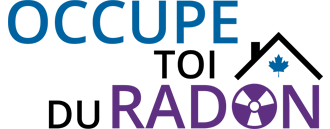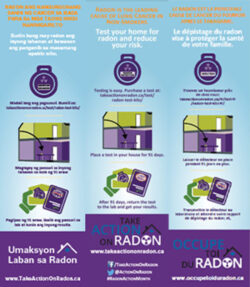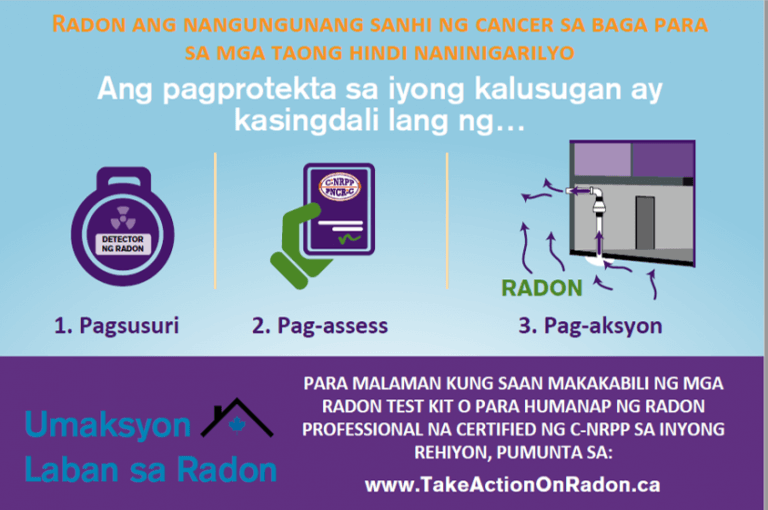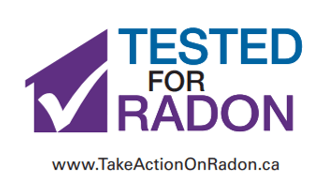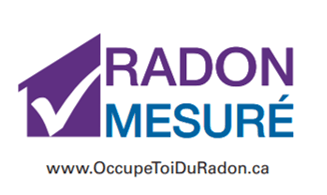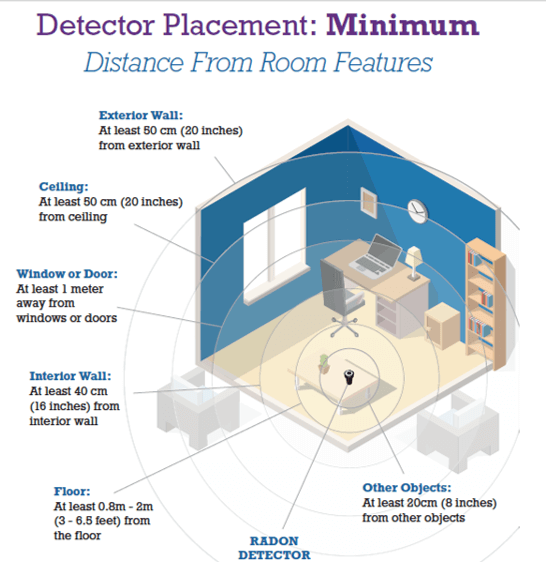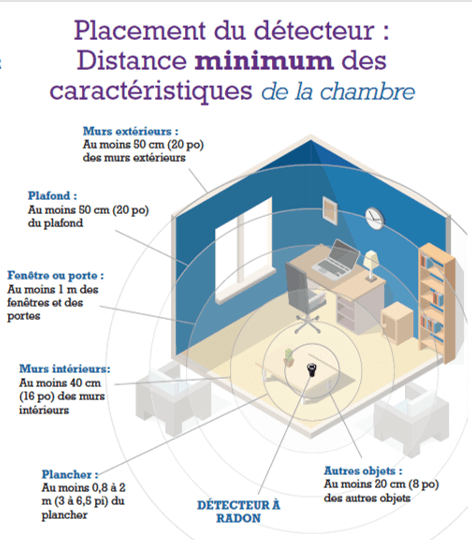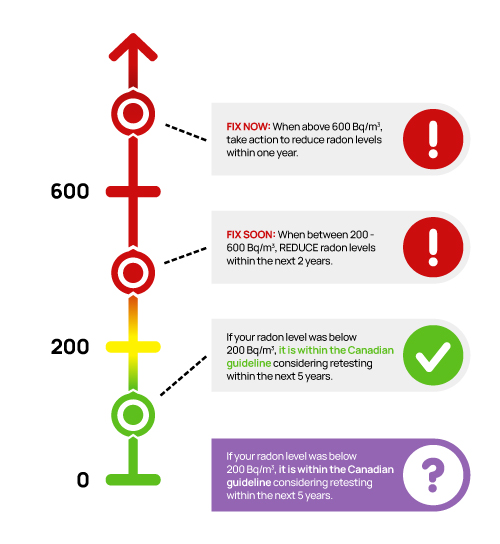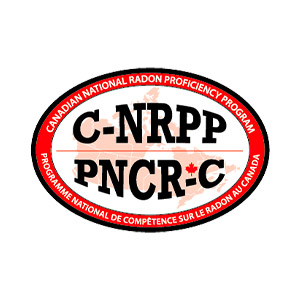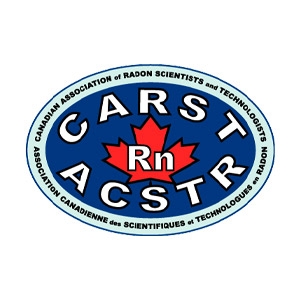

Ressources sur les défis au travail
Ressources Santé Canada:
Comptes rendus des réunions des parties prenantes :
National Organizations
LE PROGRAMME NATIONAL DE COMPÉTENCE SUR LE RADON AU CANADA
Le Programme national de compétence sur le radon au Canada (PNCR-C) est un programme de certification qui établit des lignes directrices, et met en place des programmes de formation et des ressources pour la prestation de services liés au radon par des professionnels.
Donna Schmidt Lung Cancer Prevention Society
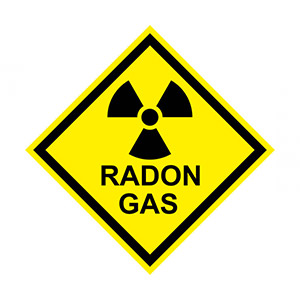
In 2010 the Society was organized as a tax exempt charity and receives donations in support of the Society’s objective to reduce lung cancer from home and workplace radon exposure.
Association Canadienne des Scientifiques et Technologues de Radon
Radiation Safety Institute of Canada
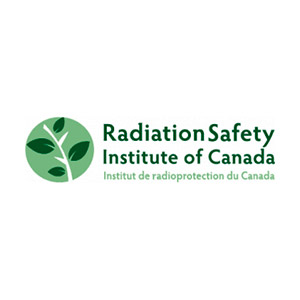
The Radiation Safety Institute of Canada was founded as an independent, non-partisan, non-governmental body to promote safety in relation to radiation exposure in the workplace and in homes, schools and the environment. Its founding was a direct, independent response to the human disaster in the Elliot Lake uranium mines, where healthy miners had been exposed to excessive amounts of a common radioactive gas (called radon) in the underground mining environment.
National Collaborating Centre for Environmental Health
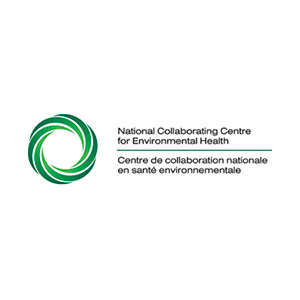
NCCEH is an indispensable online resource for environmental health practitioners and policy-makers across Canada, focused on health risks associated with the physical environment and identifying evidence-based interventions to mitigate those risks.
Canadian Environmental Law Association
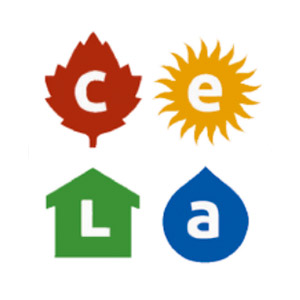
The Canadian Environmental Law Association is in the process of doing a policy review on radon across Canada.
